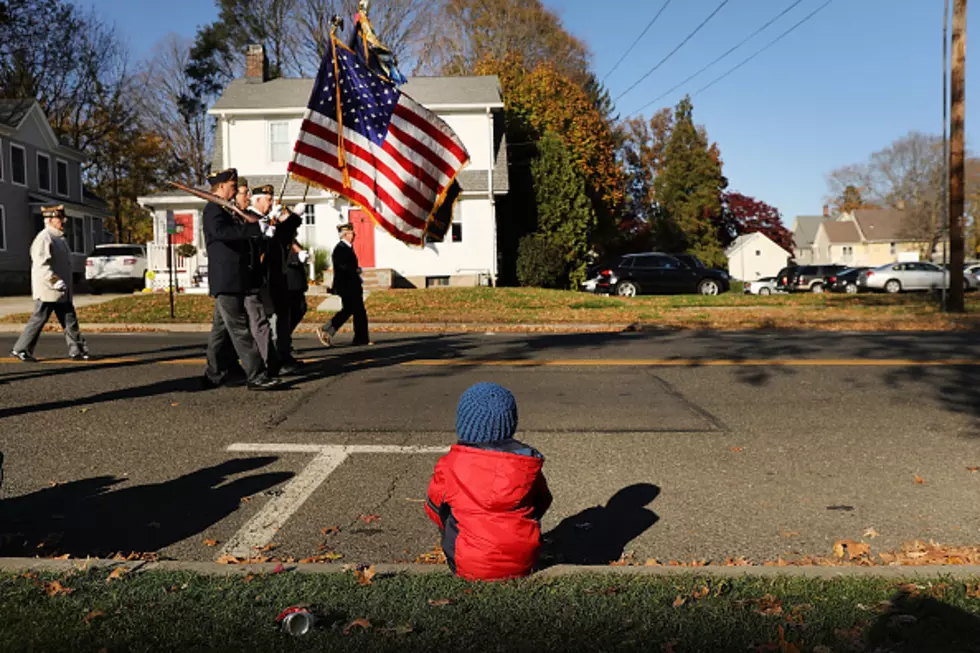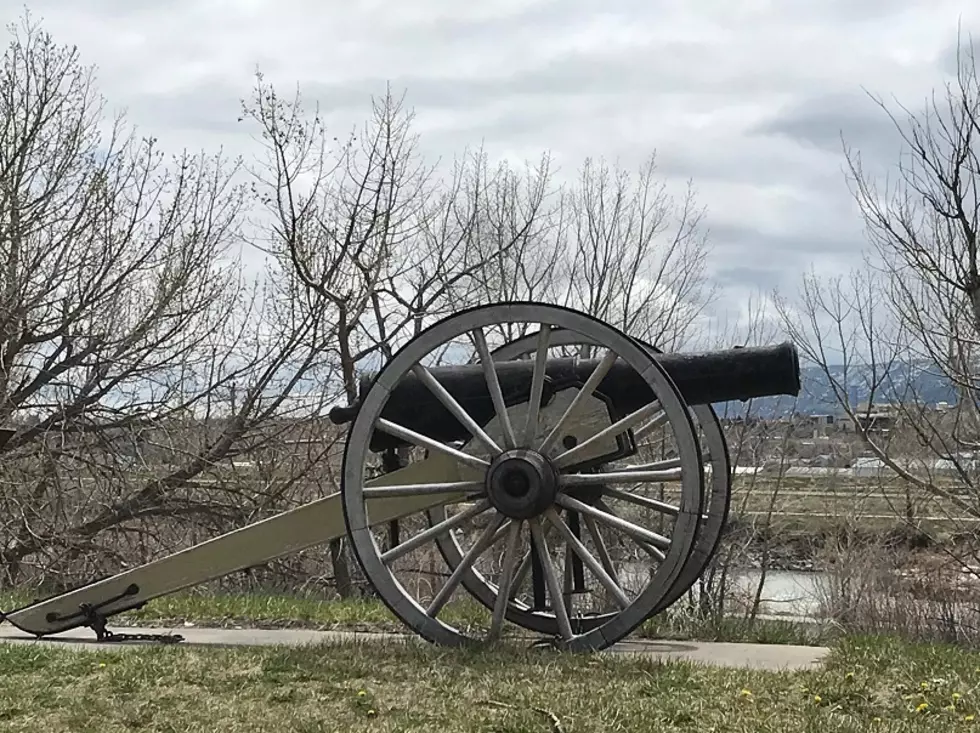
What Our Kids Need To Know About Memorial Day
Why we have a day called Memorial Day and why it is important to pause on that day is a lesson that must be taught to the next generation.
Here are a few key points to pass on:
Honoring those who have fallen in battle is a world tradition that is thousands of years old. Even the Greeks and Romans had days of remembrance. Politicians gave speeches. They decorated graves and had festivals.
In America, after the Civil War, General John A. Logan issued a decree that May 30 would become a national day of commemoration for the 620,000 soldiers killed in the recently ended War. There was to be a Decoration Day. He asked Americans to lay flowers on graves all over the nation.
But before the war ended, women’s groups south of the Mason Dixon Line had been gathering informally to decorate the graves of Confederate dead. Confederate Memorial Day is still honored by some groups today.
“Decoration Day” was adopted nationwide and 27 states held ceremonies with more than 5,000 gathering at Arlington National Cemetery. By 1890, every former state of the Union had adopted it as an official holiday.
For more than 50 years, the holiday was used to commemorate those killed just in the Civil War.
Uniform Monday Holiday Act of 1968 moved Memorial Day from its traditional observance on May 30 (regardless of the day of the week), to a set day—the last Monday in May.
During World War I, the tradition was expanded to include those killed in all wars. The day was renamed Memorial Day. But Memorial Day was not officially recognized nationwide until the 1970s.
In the spring of 1915, Canadian Lieutenant Colonel John McCrae spotted a cluster of the poppies growing in what was known as 'Flanders Field.' He wrote the poem "In Flanders Field," about the soldiers buried under the soil there. Later that year, a Georgia teacher and volunteer named Moira Michael read the poem in Ladies' Home Journal, which inspired her to write "We Shall Keep the Faith" and she began a campaign to make the poppy a symbol of tribute to all who died in war. The poppy is the symbol of remembrance even today.

Life in the 1940s Shown by Vintage Casper Postcards
More From Wake Up Wyoming









